Who we are
Ass.-Prof. Sebastian Felten, PhD
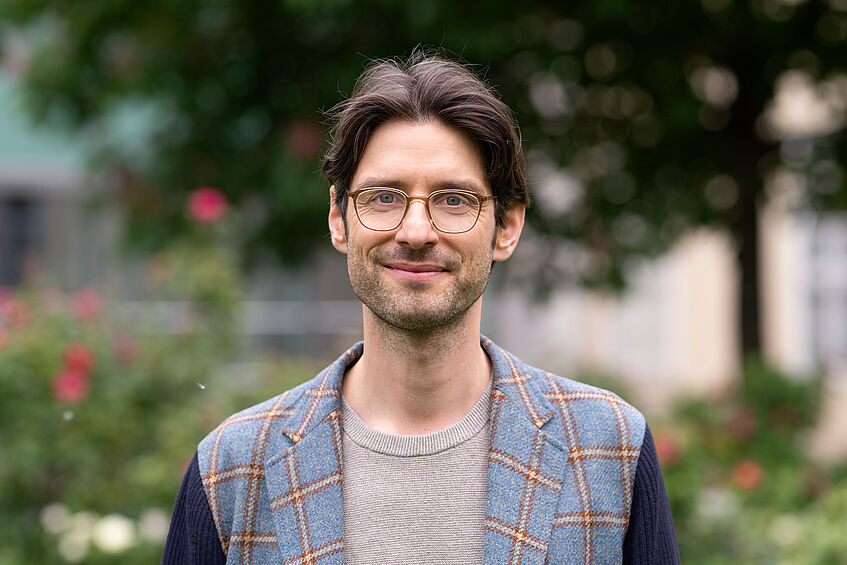
© Barbara Mair
Ass.-Prof. Sebastian Felten, PhD
Principal Investigator
T: +43-1-4277-40809
Sebastian Felten (PhD, King’s College London) is a historian of science, finance, and bureaucracy in early modern Europe. He is Tenure Track Professor of Early Modern History of Science at the Department of History at the University of Vienna and was a fellow at the Max Planck Institute for the History of Science Berlin (MPIWG) between 2015 and 2018. He is the PI of the ERC Project SCARCE.
His current research explores knowledge about nature through a focus on mineral resources as they featured in metallurgy, mineralogy, economics, and ergonomics. He has studied commerce and bureaucracy using the tools of historical epistemology to build bridges between the history of science and social, cultural and economic history. His objective for the next years is to apply this integrated approach to understand the peculiar rationality of early modern resource extraction in Central Europe, which was often highly contradictory.
Claire Sabel, PhD
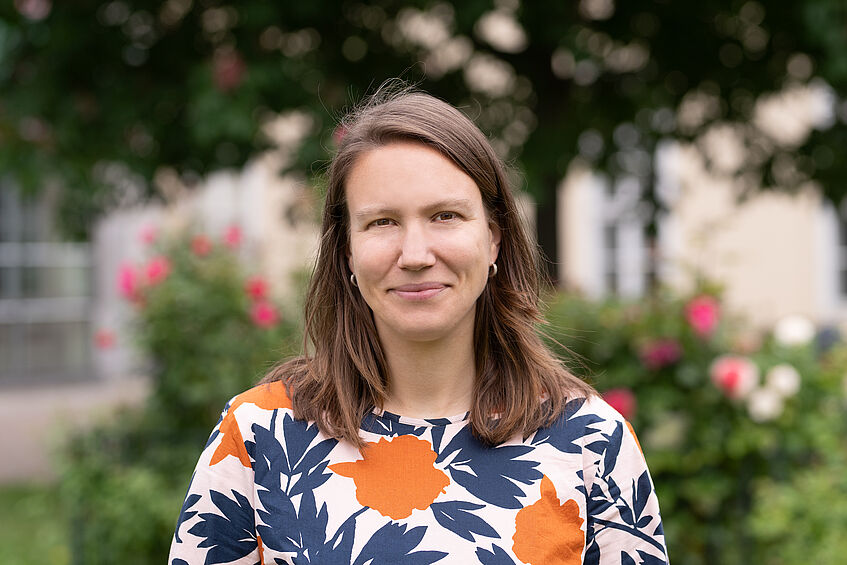
© Barbara Mair
Claire Sabel, PhD
Postdoctoral Researcher
Claire Conklin Sabel is a historian of early modern earth sciences, extractive industries, and empire, with expertise in Dutch and British empires in Southeast Asia. Her research explores how knowledge about the earth and environment were shaped by the growth of European imperialism and overseas trade in the Indian Ocean. She received her PhD in History of Science from the University of Pennsylvania in 2024, and is currently a postdoctoral researcher with ERC project SCARCE. She is also affiliated with the Key Research Area in History of Science.
With SCARCE, Claire is working on her first book, Rare Earth: Gemstones, Geohistory, and Commercial Geography c. 1600-1750 and researching a second project on gendered expertise in early modern mining, “Expanded Horizons: Women and the Making of Natural Resources in the Early Modern World.” Claire also coordinates the SCARCE Colloquium and workshops, and is enjoying getting to know Vienna on foot by training for the Vienna City Marathon.
Sebastian Leitner, MA
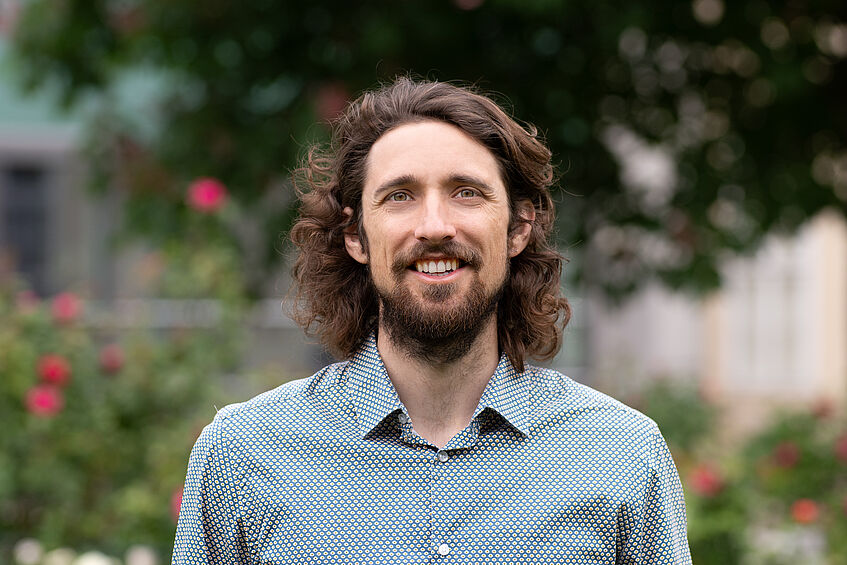
© Barbara Mair
Sebastian Leitner, MA
PhD Student
sebastian.leitner@univie.ac.at
Sebastian Leitner is a historian specializing in the social, economic, and environmental history of early modern and late medieval Europe. He studied history and geography at the universities of Zurich and Vienna (one semester). In his master's thesis, which he completed at the Department of History at Zurich, he analyzed practices of debt-making in an everyday economy through private late medieval account books.
As part of the ERC project SCARCE, Sebastian is conducting research for his PhD thesis on the provisioning and management of energy resources—especially wood, charcoal, and water—used to process ores from extraction to melting. His goal is to understand how different actors within mining regions managed these resources to run their mining enterprises "sustainably." Currently, he is focusing on the Habsburg imperial administration of precious metal extraction in the lower Hungarian mining towns (present-day Slovakia) after the incorporation of the Kingdom of Hungary in the 16th century. However, his research will also compare these mining operations by more „centralized“ states with less centralized sites, such as iron mining and processing, as well as smaller-scale mining enterprises.
Sarah Seinitzer, MA
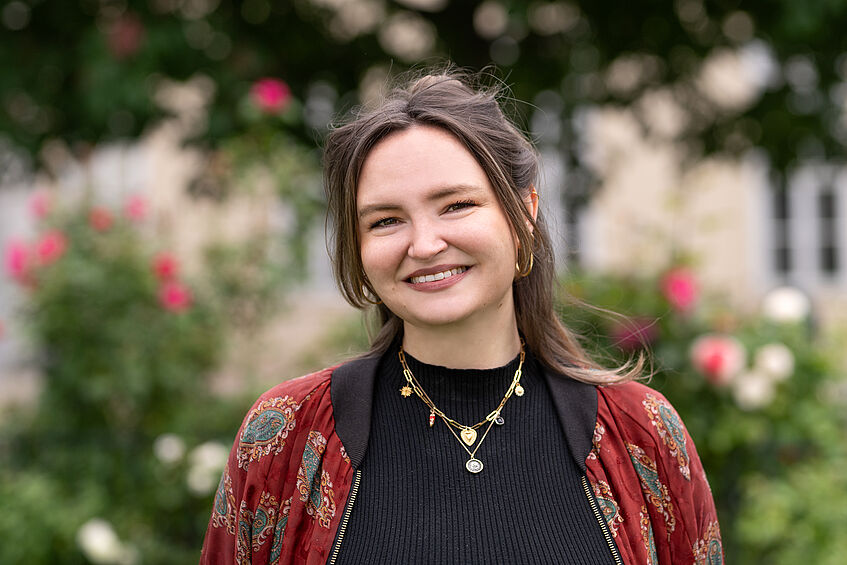
© Barbara Mair
Sarah Seinitzer, MA
PhD Student
Sarah Seinitzer is a PhD student in the early modern History of Science and Medicine and researcher at the ERC project SCARCE. Trained in History and Archaeology in Graz, Bologna, and Siena, she is writing her PhD Thesis about the ambivalent nature of metals in the early modern period, focusing on mercury and arsenic coming from the eastern Alpine mines. Her research traces the journey of these toxic metals from their extraction sites to their use as medical agents in the medical centres of Northern Italy. Additionally, she looks on various actors, including medical practitioners and patients, and explores how health was managed and maintained within mining communities, considering both the infrastructure and measures taken to preserve health.
Dolores Šurlina, BA
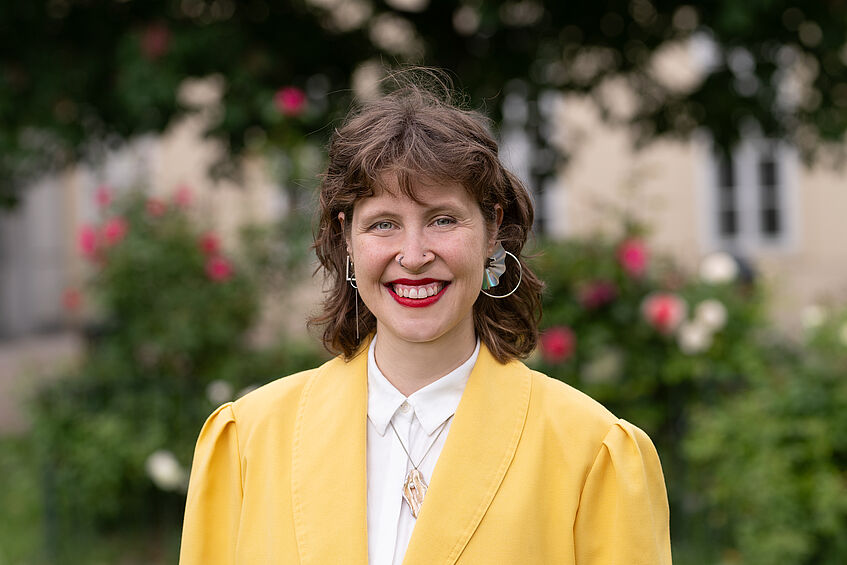
© Barbara Mair
Dolores Šurlina, BA
Research Assistant
Dolores Šurlina is a historian and researcher with an interdisciplinary background in history, media, and international relations. Currently pursuing two master’s degrees at the University of Vienna—Epistemologies of Science and Technology, and Contemporary History and Media—Dolores holds a B.A. in History and is completing a Bachelor’s in International Relations and Diplomacy at Libertas International University, Croatia.
Their research interests include historical-political education, remembrance culture, the history of National Socialism, queer history, cultural and social history, and the history of science and medicine. Dolores is passionate about exploring the intersections of history, memory, media and identity through both academic and public engagement.
Leonie Müller

Leonie Müller
Research Assistant
Leonie Müller is a research assistant with a multidisciplinary academic background. She is currently pursuing a bachelor’s degree in History and a Law degree at the University of Vienna. Her academic focus includes legal history, postcolonial studies, gender history and sustainability.
Leonie likes to approach societal challenges from both a structural and historical perspective, to explore the ways in which history and law interact to influence modern society.
